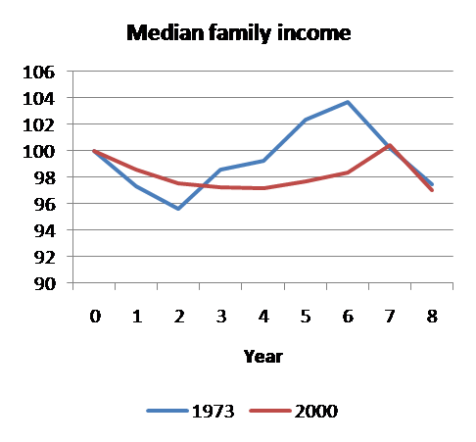In a world that hurts, it's good to laugh and that's why God gave us the
Register-Guard letters to the editor.
Gross receipts tax hurts farmersAs Oregonians, we need to make it easier rather than harder for business people to make a profit.
Already I like you. You dispense right away with bullshit about job creation or some half-understood multiplier-effect mumbo-jumbo and go straight to the "it's your job to make sure I make money."
I’m a grass seed farmer; our prices for seed have been cut 40 percent to 60 percent in the last 1½ years. We are not anywhere close to profitability, but we still have to sell some of our seed for cash flow to pay bills. Measure 67 just doesn’t raise corporate fees from $10 to $150, it also taxes my gross receipts.
You're a grass seed farmer - one of God's own laborers - who sells seed to make money to pay your bills. No problems so far, things are tough all over. I mean, I am concerned how long you can run a farm that is nowhere close to profitable. I assume you have money in the bank or you're getting some sort of loan or something. I hope to Jeebus that this is not some sort of government loan.
Farming is a business that deals with a lot of money. A small grass seed farm easily could have $750,000 in sales, and a large farm several million in gross receipts, before bills are paid. Farmers could have a crop that cost them $3 million to grow and then sell everything for $2.75 million; they would lose $250,000 and would have to pay more than $3,000 in taxes.
Now, I am not an economist or anything, but holy hell, you lost a quarter million dollars last year and you're worried about an extra $3000 in taxes? Buddy, you got bigger problems. Or is it at all possible that in some recent years past you were actually making money on this little farm of yours while paying $10 in taxes. Let me see here, grass seed prices have fallen by 50% in the last 1.5 years, so $2.75 million in sales today was $4.125 million two years ago. By your own figures, you made roughly $1.125 million dollars a couple of years ago. I hope that money can help cushion that $3000 blow in the taxes. Oh, I know, you were just making up numbers and you didn't really make $1.125 million a couple of years ago and if you did, by gum, you earned it because if anyone deserves to make $1.125 million in a year it is the hard working grass seed farmer.
That sounds to me like kicking people when they are down, not fairness.
Exactly. Any businessman, small or otherwise, who cannot make a profit should not have to pay any kind of taxes whatsoever. In fact, there should be a government program where he could apply for loans or something to get him through the lean times because, obviously, businessmen can't fail, they can only be failed. By you (well not "you" you, the general you) and me. Oregonians. Also, any business that makes a profit should not have to pay taxes either, because that's just penalizing them for being successful.
I can understand why businesses leave the state; when government will no longer work with businesses, it’s time. Natural resources are the backbone of our state. The healthier we are, the more people we employ. It is private sector jobs, not those in the public sector, that make an economy work.
It's true. Oregon has really seen an exodus of businesses from this state, despite having the 3rd lowest business taxes in the US. Or they haven't left yet, but surely will if we raise their taxes to .01% of sales and have the 5th lowest businesses taxes. Except for natural resource businesses, of course, who can't leave even if they want to. Consider it the price we make you pay for exploiting our natural resources, because, once upon a time, it was actually thought that all the people owned the resources and taxes were the price you paid the people for the right to exploit them and make your $1.125 million. I know, I must be making that up.
Government bureaucracies need to learn how to cut budgets in hard times just as the private sector does. Join me in voting no on Measures 66 and 67.
Two billion dollars in cuts and more on the way. But don't worry, we'll keep making sure that you have all the infrastructure you need to sell your $3 million worth of grass seed all around this great big world, because, in the end, we all exist to make sure you, Eric Bowers, are able to make a profit.
Eric Bowers
Harrisburg

